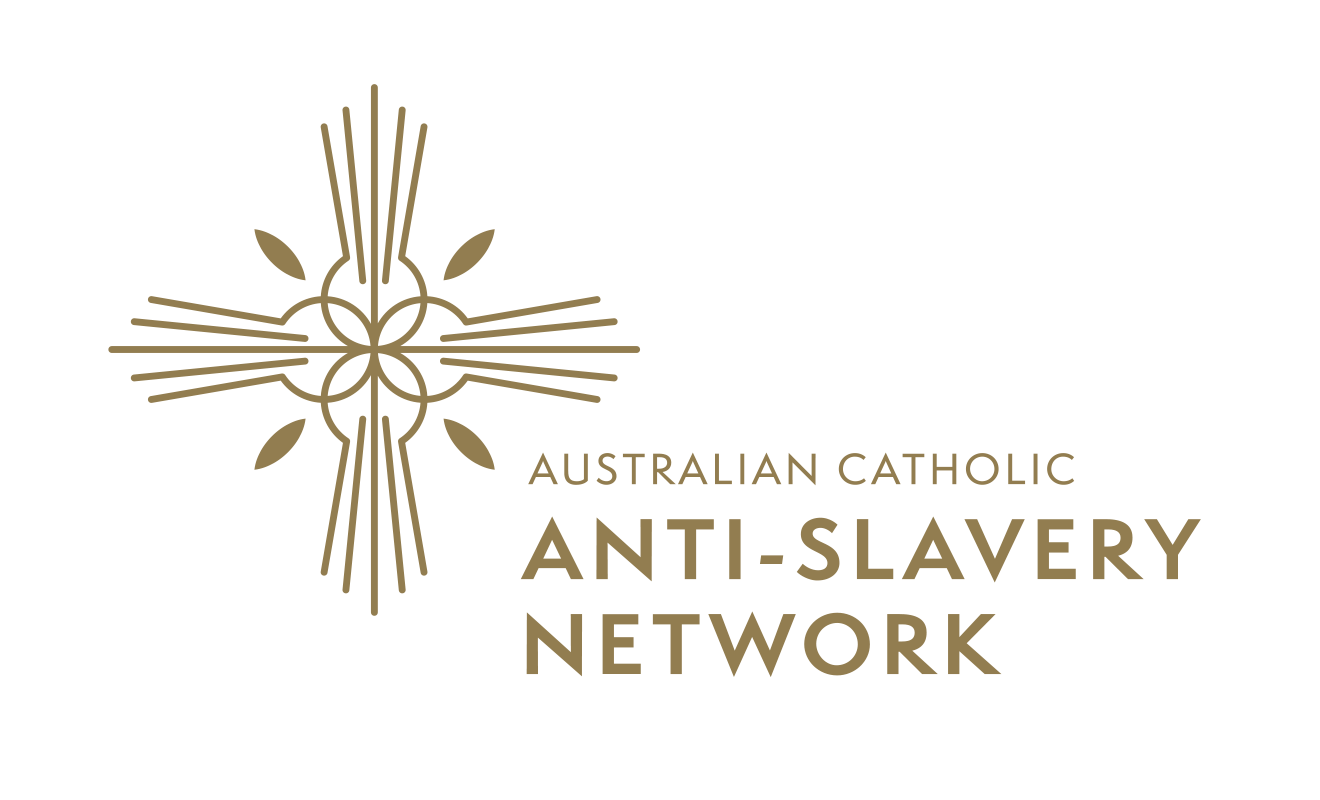ACAN’s submission to the review of the Commonwealth Modern Slavery Act 2018
The Australian Catholic Anti-slavery Network (ACAN) made an important submission to government this week in relation to a Review of the Commonwealth Modern Slavery Act (MSA) 2018. With 51 Catholic entities participating in ACAN from health and aged-care, education, community and social services, finance and investment the Catholic response to modern slavery is significant. An estimated $4 billion of goods and services procured by ACAN entities are at high-risk of being produced and provided by people experiencing modern slavery. These include medical devices and supplies, construction materials and labour, technology hardware, cleaning and security services, uniforms/linens/textiles, furniture and office supplies, to name a few.
The MSA requires large businesses and non-profit entities to take effective measures to assess and address modern slavery risks to people in their supply chains and operations. These measures must be documented in an annual Modern Slavery Statement, approved and signed by Boards and Bishops and then submitted to a public Commonwealth Modern Slavery Register. Every annual Modern Slavery Statement must address in detail, seven mandatory reporting criteria, including measuring the effectiveness of actions taken to address risk. Continuous improvement is also a statutory requirement.
Professor John MacMillan, AO is leading the MSA Review, supported by the Attorney-General's Department. Consultations with 281 businesses, non-profits, unions, academics and non-government organisations have taken place across Australia; including with ACAN. These consultations have helped Professor MacMillan to hear first-hand about real-world experiences of complying with the MSA. A Review Report with recommendations for improving implementation of the MSA will be provided to the government in late March 2023.
The ACAN submission is based on the experiences of Modern Slavery Liaison Officers (MSLOs) that have been nominated to drive modern slavery risk management within their entity. MSLOs were surveyed on a range of issues outlined in the MSA Review Discussion Paper. ACAN entities are completing their third reporting period at the end 2022. The ACAN Compendium of Modern Slavery Statements will again be submitted to the Online Register of Modern Slavery Statements by mid-2023.
It is anticipated that most reporting entities will support the following recommendations:
An Independent Anti-Slavery Commissioner be established to drive compliance with the Act, engage and support reporting entities and community awareness of modern slavery
Penalties, including fines, be imposed on entities that do not comply with the MSA or fail to report
It is unclear if the Review will recommend that the revenue threshold for reporting will be reduced, thereby, covering many more entities. It is also unclear if mandatory due diligence measures will be recommended to add focus and accelerate the efforts of reporting entities.
With 50 million people trapped in modern slavery today it is clear that ACAN must urgently continue its collective efforts to create the “economy of care” that Pope Francis has called for. This economy will offer products and services for the growth of the common good and guarantee dignified working conditions for all.

